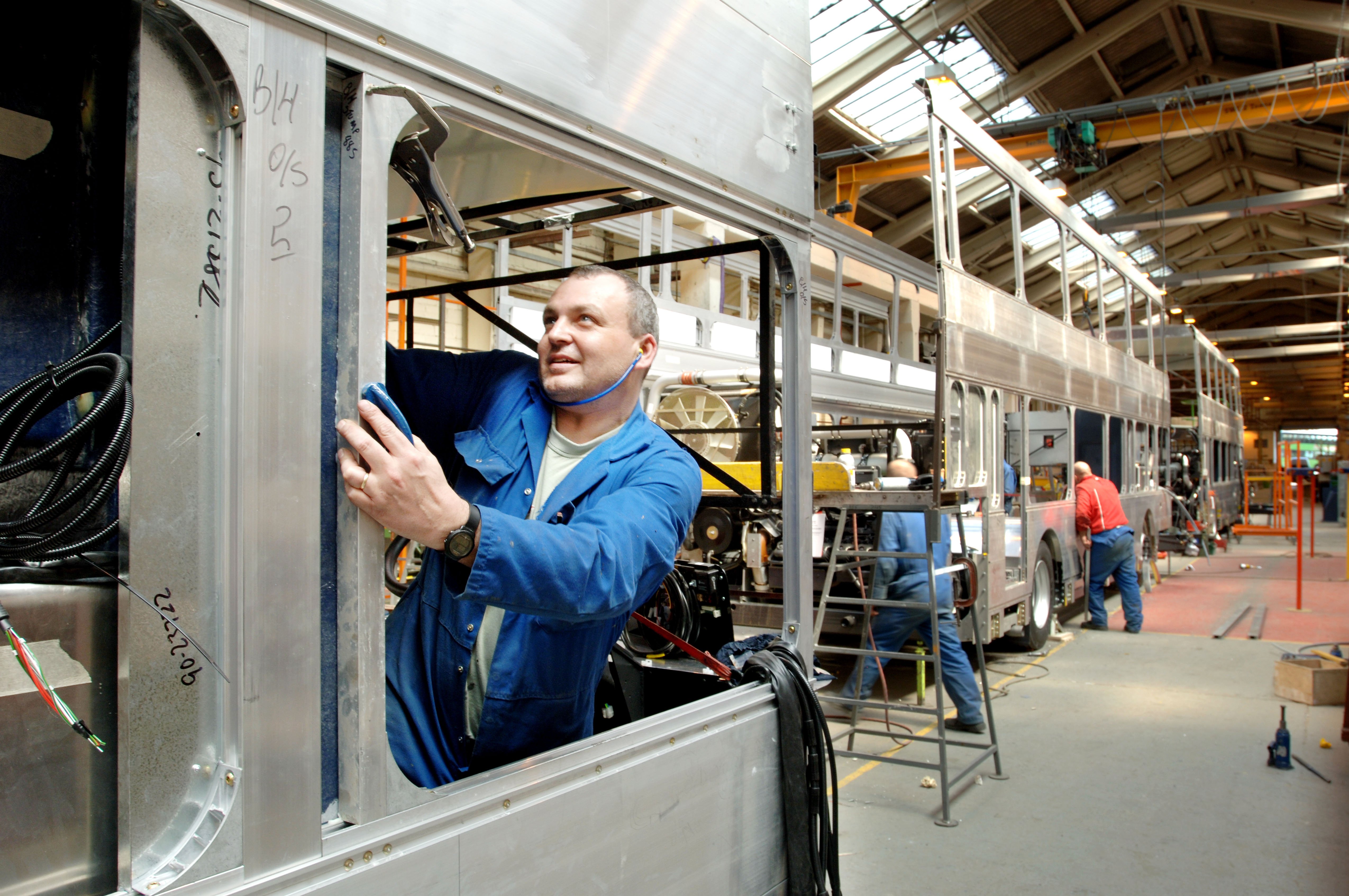Factory collapse drags UK economic growth to lowest level in 18 months
Growth in Britain’s private sector slowed to a new 18-month low after factories were hit by ‘declining customer demand’, according to new data.
The closely watched UK S&P Global/CIPS composite purchasing managers’ index (PMI) flash report showed a reading of 50.9 for August, down from 52.1 last month.
Anything over 50 is considered growth.
It was slightly below analysts’ expectations, with an expert consensus compiled by Pantheon Macroeconomics predicting a reading of 51 for this month.
Annabel Fiddes, associate director of economics at S&P Global Market Intelligence, said: “The UK private sector edged closer to stagnation in August as modest growth in activity in the services sector just offset a growing slowdown among manufacturers.
“Falling customer demand amid a weaker economic outlook and labor and input shortages would have hit producers of goods hard, with businesses seeing the fastest production declines and new work since May 2020. .”
The slowdown in overall growth is largely explained by a sharper drop in manufacturing output from UK factories.
The manufacturing sector reported monthly output of 42.4, the biggest drop in more than two years.
The companies reported “lower customer demand, input delivery delays and labor shortages” for the month.
Meanwhile, the services sector continued to grow, with a reading of 52.5 for August, despite a slight slowdown in activity.
Many concerns keep private sector business owners up at night
John Glen, chief economist at the Chartered Institute of Procurement & Supply (CIPS), said: “Services companies had a better month, but only marginally, as new order levels were maintained and optimism persisted that customers would continue to buy throughout the year.
“However, this can reverse quite quickly.
“There are many concerns keeping private sector business owners awake at night, such as disruption to supply chains due to war, the UK’s highest inflation for almost 50 years , the impact of higher interest rates and now port disruptions in the UK, to name a few.”
Nevertheless, companies reported a further slowdown in the rate of cost inflation.
Manufacturers reported that the rate of their cost inflation had slowed to its lowest level since November 2020 as the value of raw materials such as metals fell.
The best videos delivered daily
Watch the stories that matter, straight from your inbox


Comments are closed.